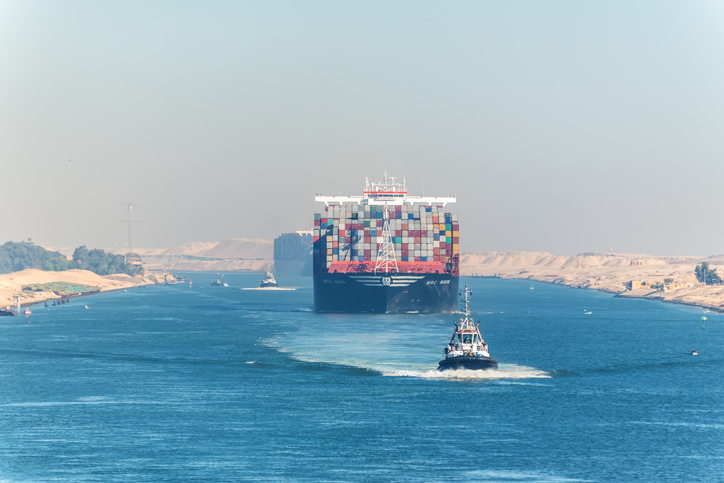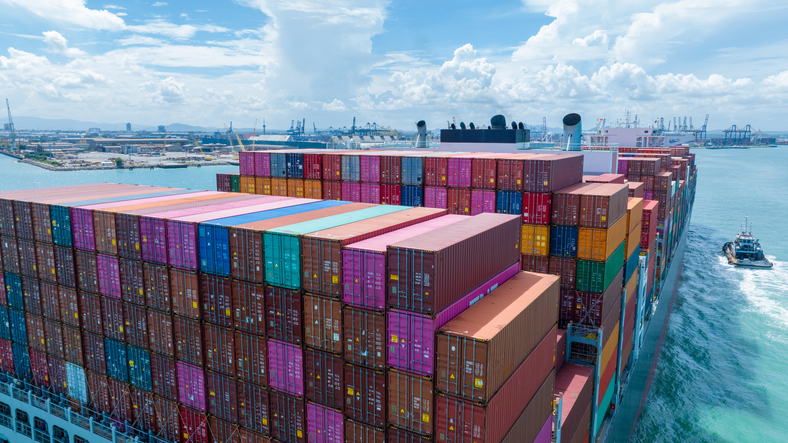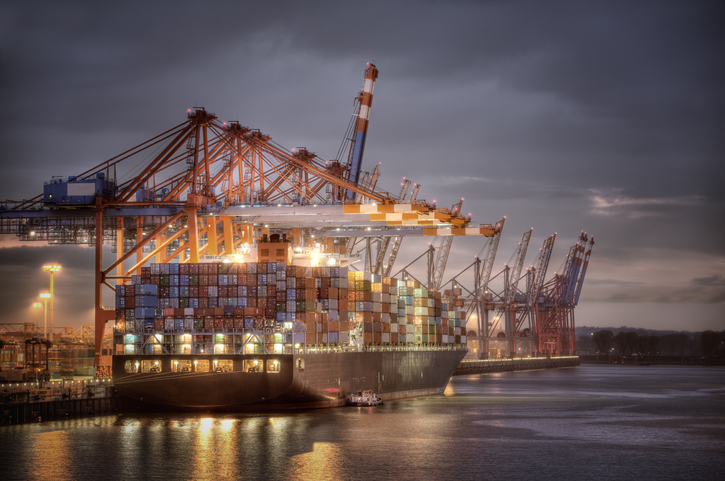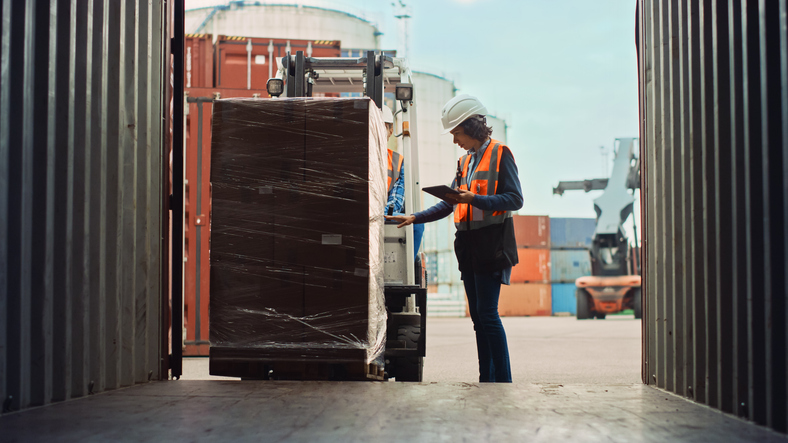
The Weekly Roar
In this week’s Roar: Dealing with the Red Sea crisis, strong U.S. import volumes, the ILA’s stance on automation, stricter regulations in China, and a Port of Montreal update.
The ongoing crisis in the Red Sea has led to an 80% decrease in volumes through the Suez Canal since May. This has put supply chain leaders in a position of needing to balance a number of priorities, such as cost management and operational efficiency, sustainability goals and business continuity, and short-term gains versus long-term resilience. With the goal of protecting profit margins and remaining agile, solutions such as scenario planning, phased implementation, and collaborative ecosystems are being explored. In other words, no one expects the problems to go away anytime soon.
Despite the brief strike at East and Gulf Coast ports, a new report predicts that strong import volumes into the US are here to stay, with no anticipated impact from the strike on the holiday shopping season. According to Port Tracker, projections for the rest of the year show an annual increase of 3.1% for October, 0.9% for November, and a 0.2% decrease for December. This equates to a 12.1% annual gain in total volumes for 2024.
 A big part of the International Longshoremen’s Association’s (ILA) issue that led to the strike is about automation at East and Gulf Coast ports—they feel that automation will threaten jobs. However, when you look at West Coast ports, particularly in Los Angeles and Long Beach, automation is creating new, higher-skilled jobs. Additionally, there are studies that indicate automated terminals improve efficiency and reduce emissions. With this disagreement unresolved, despite work starting again, there is still more to be negotiated before the issue can be considered settled.
A big part of the International Longshoremen’s Association’s (ILA) issue that led to the strike is about automation at East and Gulf Coast ports—they feel that automation will threaten jobs. However, when you look at West Coast ports, particularly in Los Angeles and Long Beach, automation is creating new, higher-skilled jobs. Additionally, there are studies that indicate automated terminals improve efficiency and reduce emissions. With this disagreement unresolved, despite work starting again, there is still more to be negotiated before the issue can be considered settled.
China’s Maritime Safety Administration (MSA) has introduced stricter regulations for hazardous cargo passing through Ningbo, one of its busiest ports. The new rules require carriers to submit a dangerous goods declaration (DGD) and material safety data sheet (MSDS) 72 hours before vessel cut-off times. This is in response to recent incidents, including an explosion at the Ningbo port and several onboard fires. A lack of proper documentation could lead to delays or cargo being rolled over.
Following a three-day strike at the Port of Montreal, dockworkers have escalated their contract dispute by announcing an indefinite refusal to work overtime that started October 10. They haven’t had a collective agreement since December 2023 and are putting pressure on their employers to resolve issues like scheduling. The refusal could cause operational slowdowns and impact the port during the holiday season. Carriers have begun to impose surcharges.
For the rest of the week’s top shipping news, check out the article highlights below.









